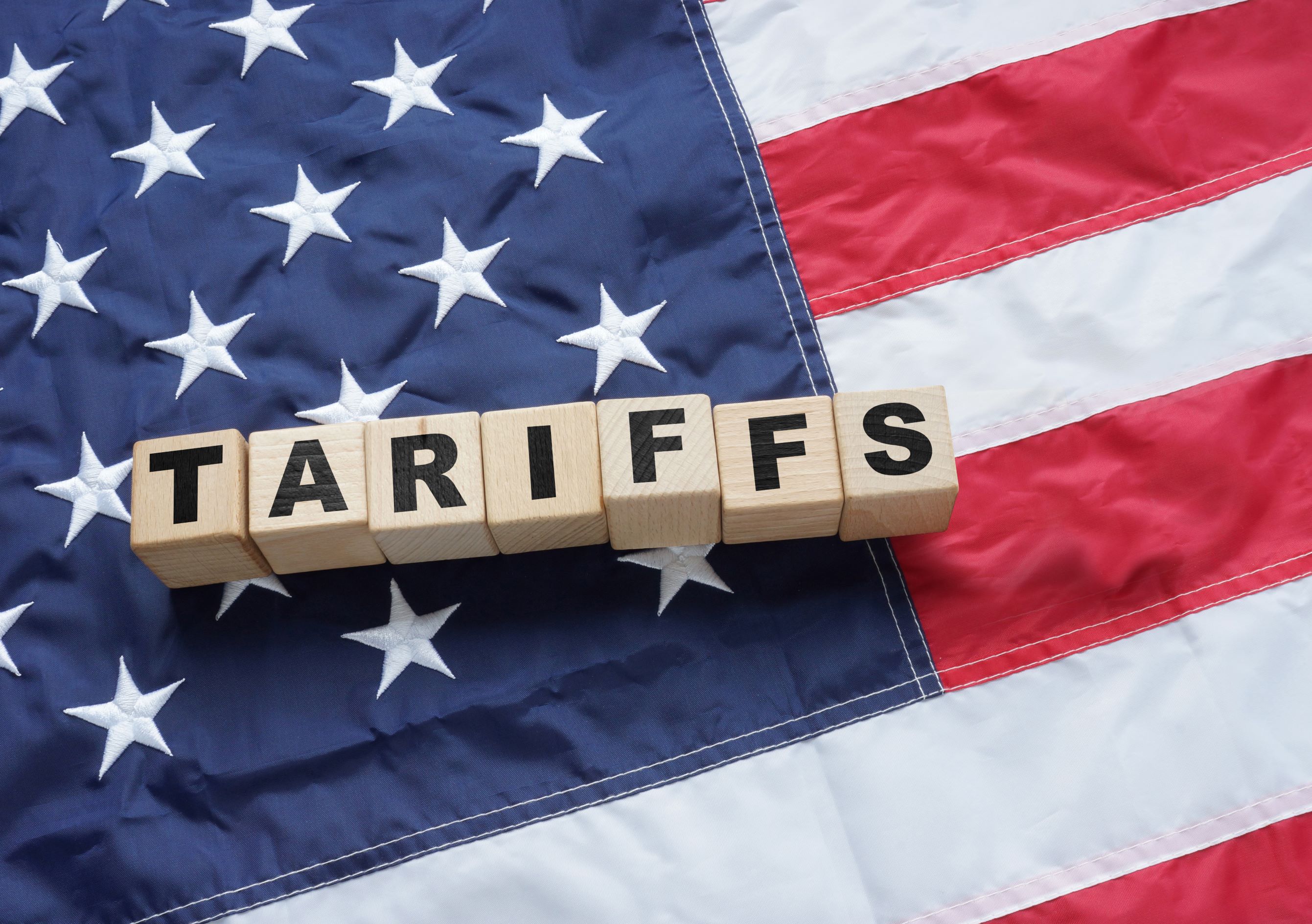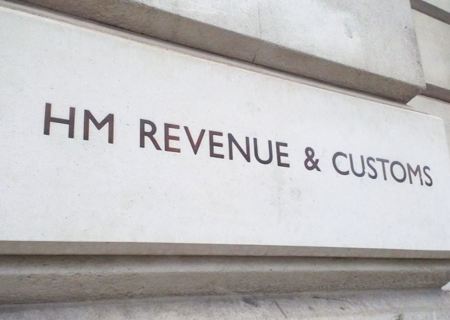
April 2
Prime minister Sir Keir Starmer could offer US tech firms a major tax cut in return for tariff relief, according to reports.
The Guardian reports today that the UK government is mulling a cut to the top 2% rate of the Digital Services Tax (DST) on tech firm revenue, while expanding the base of smaller companies required to pay the tax to make up the shortfall. This would have the effect of lowering the amount paid by some of the US’ largest tech companies, including Alphabet, Meta and Apple.
The tariffs planned for today’s ‘Liberation Day’ announcements at 4pm Eastern Time (9pm British Summer Time) include a 25% rate on all car imports to the US, which a report from the Institute for Public Policy Research (IPPR) has suggested could put 25,000 UK jobs at risk.
EU plans
Europe, meanwhile, is planning its own approach to the imminent announcements. Ursula von der Leyen, president of the European Commission, has said the EU has a “strong plan” which includes consultation with member states on an €18bn package of retaliatory tariffs covering steel and aluminium as well as a range of food products.
Von der Leyen said yesterday that “Europe has not started this confrontation”.
“We do not necessarily want to retaliate, but if it is necessary we have a strong plan to retaliate and we will use it.”
1 April
UK business and trade secretary Jonathan Reynolds has said that the UK is well-placed to have US tariffs on its goods reversed following their likely announcement tomorrow (2 April).
Speaking to the BBC, Reynolds said that, while he expects the UK to be hit by tariff plans this week alongside the rest of the world’s nations, it is in the "best possible position of any country" to convince the US to offer an exemption in the near term.
"Some of that comes down to the US and whether they want to do that.
“I do believe not only can we get to a place where we are avoiding tariffs on each other, but we're also strengthening that relationship."
‘Pursuing our national interest’
The FT reports meanwhile that Reynolds has called it a “a very serious and significant moment” for the country, and has promised to implement new anti-dumping measures to prevent goods diverted from the US by tariffs from flooding the UK market.
Reynolds has also said “it might not be possible for any country in the world to be exempt from the initial announcements,” and that “it’s not about sucking up to anyone or not responding — it’s about pursuing our national interest”.
He also denied reports that tariffs on the UK could be a US expression of concerns about free speech in the UK. The US State Department said over the weekend that it was “concerned about freedom of expression in the UK”, while a source told the Telegraph that there would be “no free trade without free speech”. Reynolds said that this had only been expressed by the State Department, rather than by US trade negotiators.
Starmer remarks
It comes after a spokesman for prime minister Sir Keir Starmer said yesterday that there had been “constructive” talks between the UK government and the US administration. He added:
"When it comes to tariffs, the prime minister has been clear he will always act in the national interest and we've been preparing for all eventualities ahead of the announcement from President Trump, which we would expect the UK to be impacted by alongside other countries.”
While he added that the government would “rule nothing out in response”, he insisted that it would maintain a “calm and pragmatic approach” as talks continue past Wednesday’s ‘Liberation Day’ tariff announcements.
The government also insisted it would pursue a “US-UK economic prosperity deal” as long as it remained in “the national interest”.
Europe responds
A majority of Europeans surveyed by YouGov this week have said they support retaliation against US tariffs.
Germans, who said they expected their economy to be hit hardest by tariffs owing to the size of their country’s car manufacturing industry, were 68% in favour – though this number was even higher among Danes, who were 79% in favour.
Between 60 and 76% said they expected the wider EU economy to face a significant impact from Trump’s policy.
Stock markets in Europe, the US and the Asia-Pacific region all fell yesterday after Trump dispelled hopes for a programme of tariffs that would be limited only to those countries with the largest trade imbalances with the US.
The Chartered Institute has a range of training courses, advisory services & member-exclusive benefits designed to help you navigate tariffs. View our tariffs hub to explore how we can help you.



